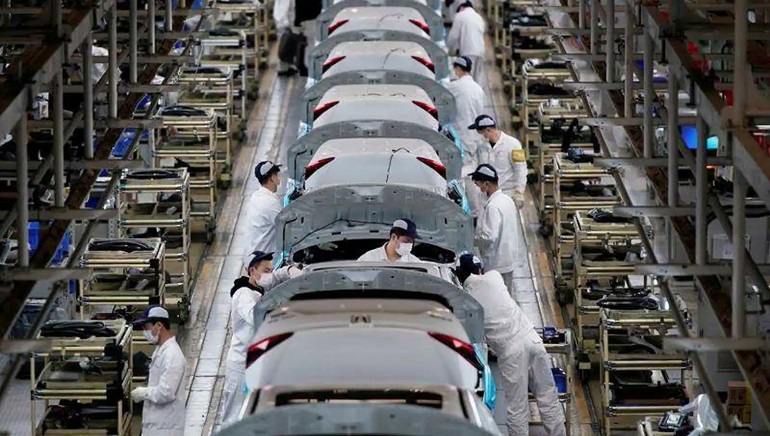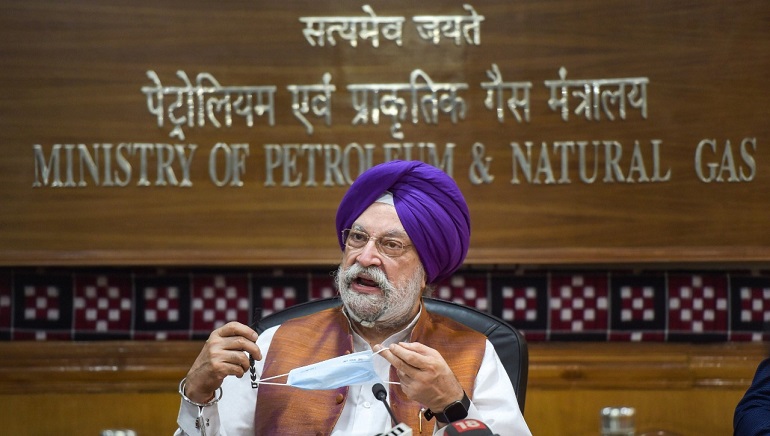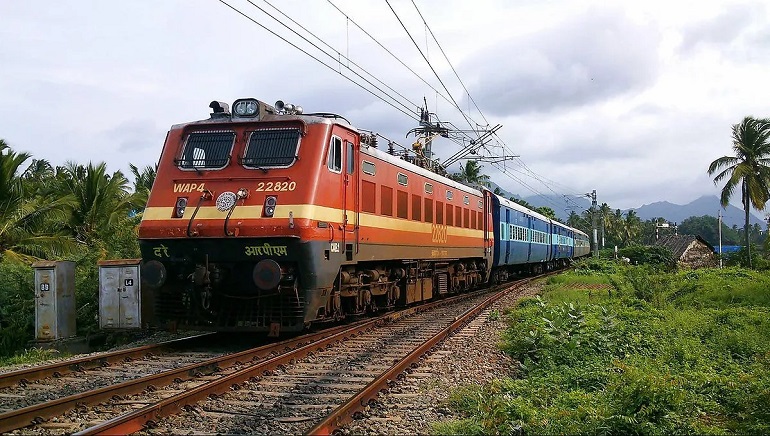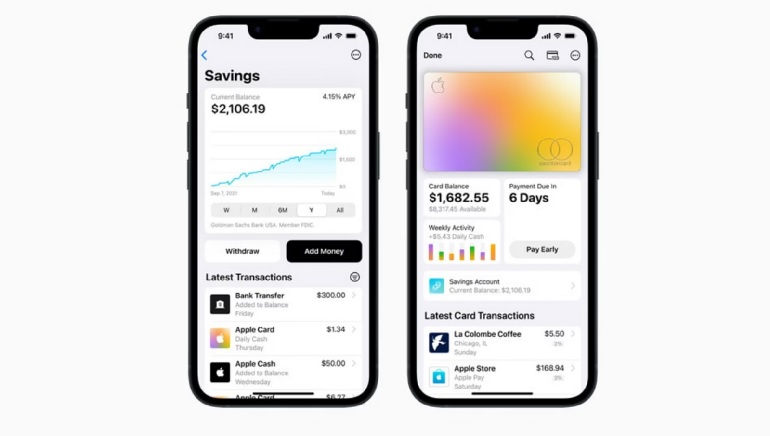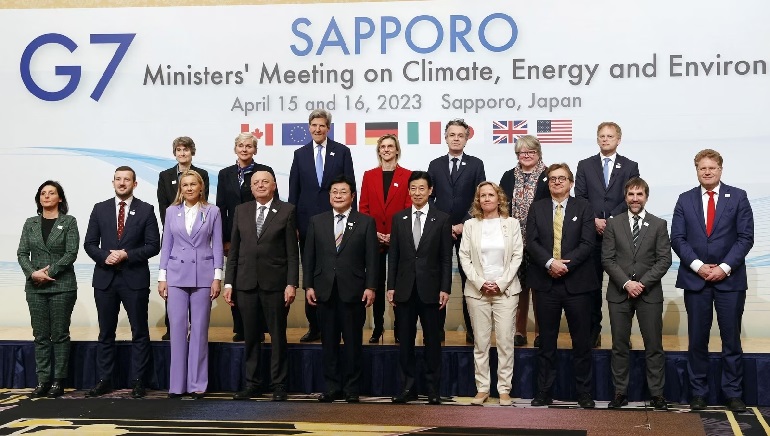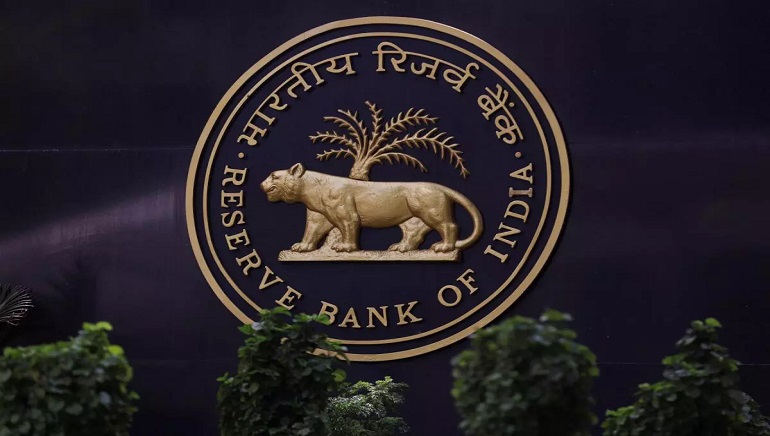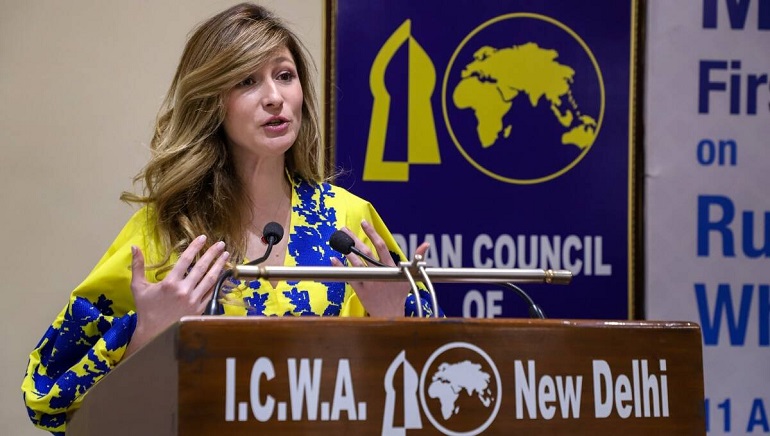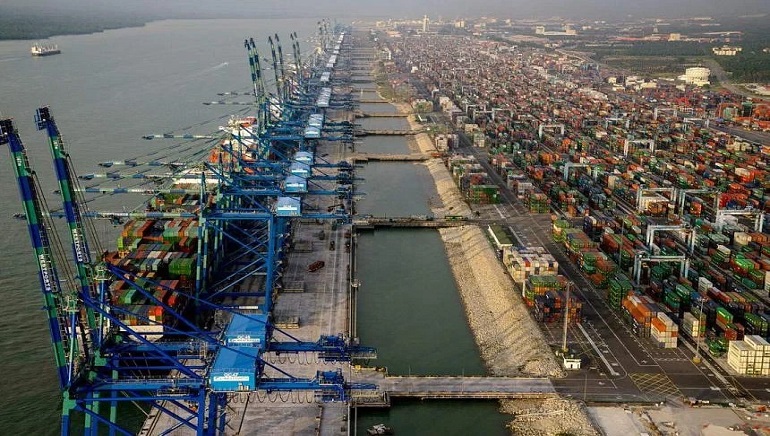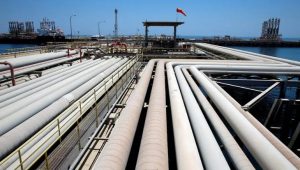HCL Co-founder Ajai Chowdhry has said that India can replace China to become the product factory of the world. To him, in the next eight or 10 years, there is going to be a huge opportunity in hardware, presenting a huge opportunity for startups and to make India a product nation, he added.
In an interview, Chowdhry — who is part of the IT ministry-constituted advisory panel of experts that will steer objectives and provide guidance on the semiconductor program — said India’s manufacturing push, supported by favourable policies, is timely and positions the country strongly to grab a massive opportunity in the electronics hardware space amid COVID-induced supply chain disruptions and global trust deficit around China. The veteran exuded confidence that India can become a reliable partner for the world in the area of hardware production and chip-making.
One of the six HCL co-founders, Chowdhry is now an investor in and mentor to startups in segments from quick-service restaurants to space tech. He is also the author of Just Aspire: Notes on Technology, Entrepreneurship and the Future, which was launched in Delhi on March 14. In a conversation at his home office in the city, he said the next big thing in tech will be in the hardware space.





